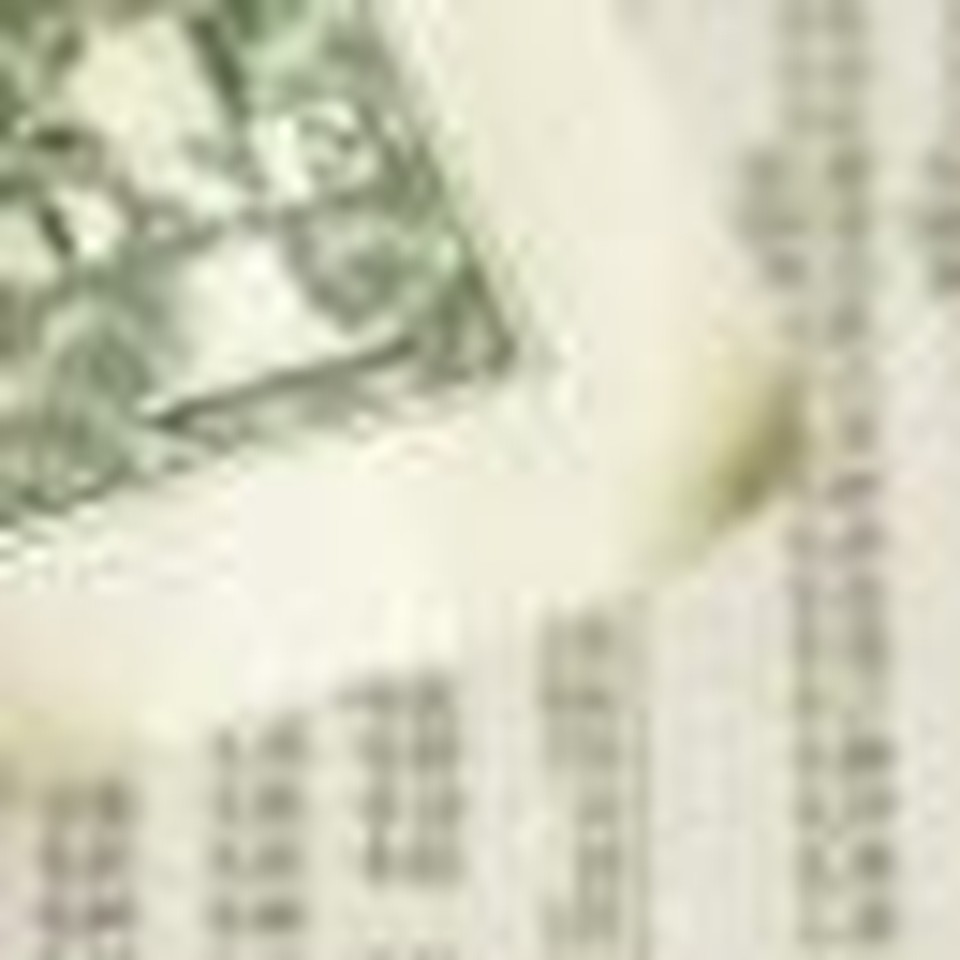Keys to Investing Success: Dollar Cost Averaging

Dollar-cost-averaging (DCA) is a systematic "formula" strategy that requires that you make your buying and selling decisions based solely on mechanical guidelines. Here's all you do: (1) invest the same amount of money (2) at regular time intervals. The amount and frequency are up to you. You could invest $1,000 every three months. Or $100 every month. The important thing is to pick an amount you can stick with faithfully over many years.
Your constant dollar amounts "force" you to buy more shares when the price is low and fewer shares when the price is high. In effect, you are buying more at bargain prices and relatively little at what might be considered high prices. Of course, only when you look back years from now will you know when prices really were bargains and when prices were too high.
The beauty of DCA is that it frees you from the worry of whether you're buying at the "wrong" time. It is critically important to ignore all market fluctuations when employing a dollar-cost-averaging strategy!
Most investors who obtain poor returns in the market are victims of their own emotions. Only after prices have been rising sharply do they work up enough courage to buy fund shares. And about the only time they ever sell shares is when they become especially fearful after prices have plunged. The result is that they buy high and sell low, the very opposite of their ambition.
You can make your DCA investments as frequently as you wish: weekly, monthly, or even quarterly. However, for best results, it is better to make more frequent investments. The reason for this is that market lows may not occur near the time you are scheduled to make an investment. The more frequently you invest, the greater likelihood your program will enable you to buy shares near intermediate-term lows.
A DCA strategy almost makes you hope that the market will fall so you can accumulate more shares for your money!
© Sound Mind Investing
Published since 1990, Sound Mind Investing is America's best-selling financial newsletter written from a biblical perspective. 
to get 
Originally published December 18, 2008.







